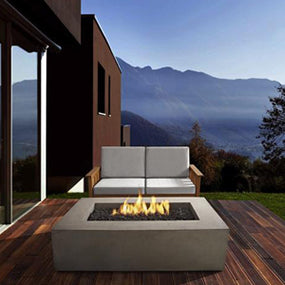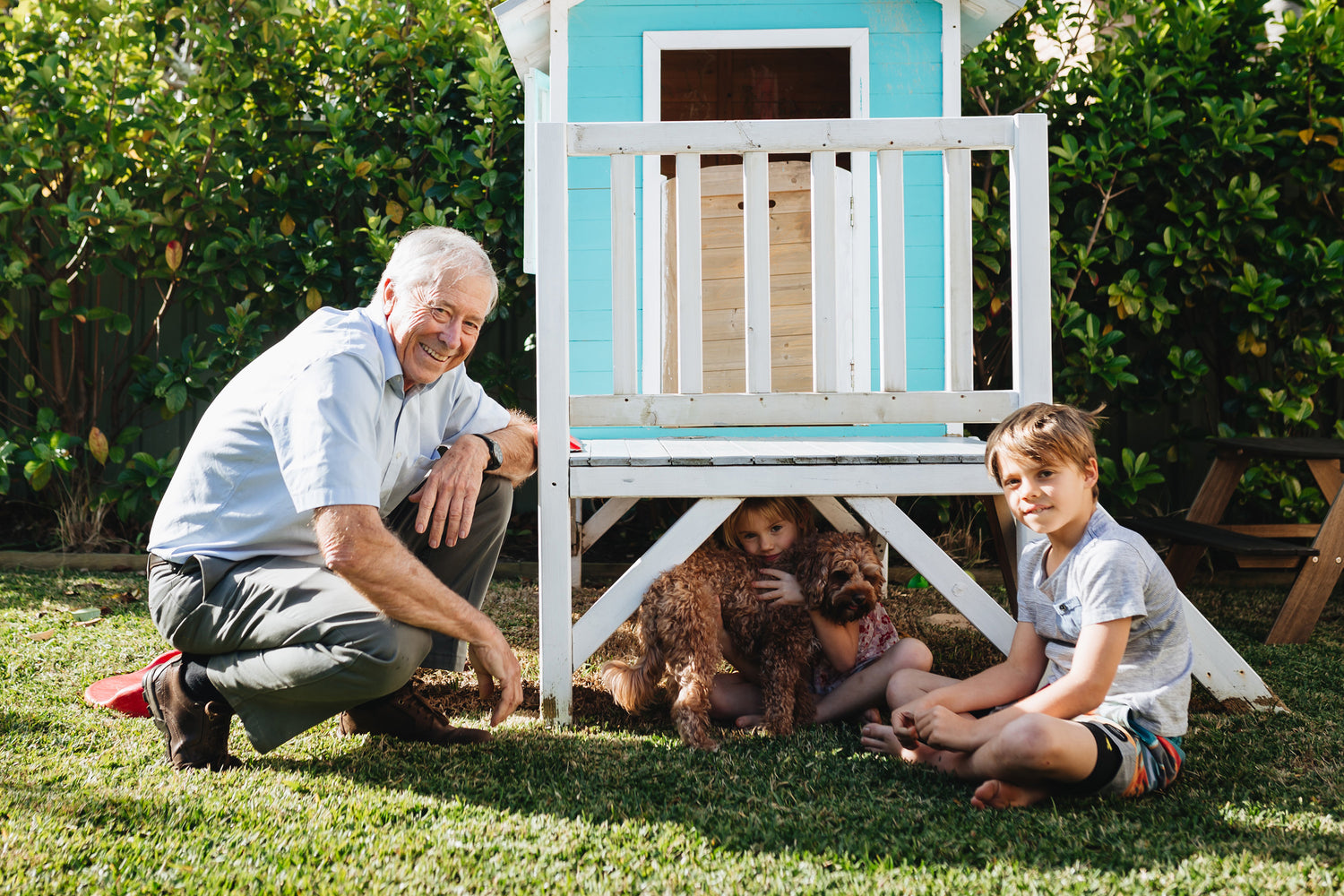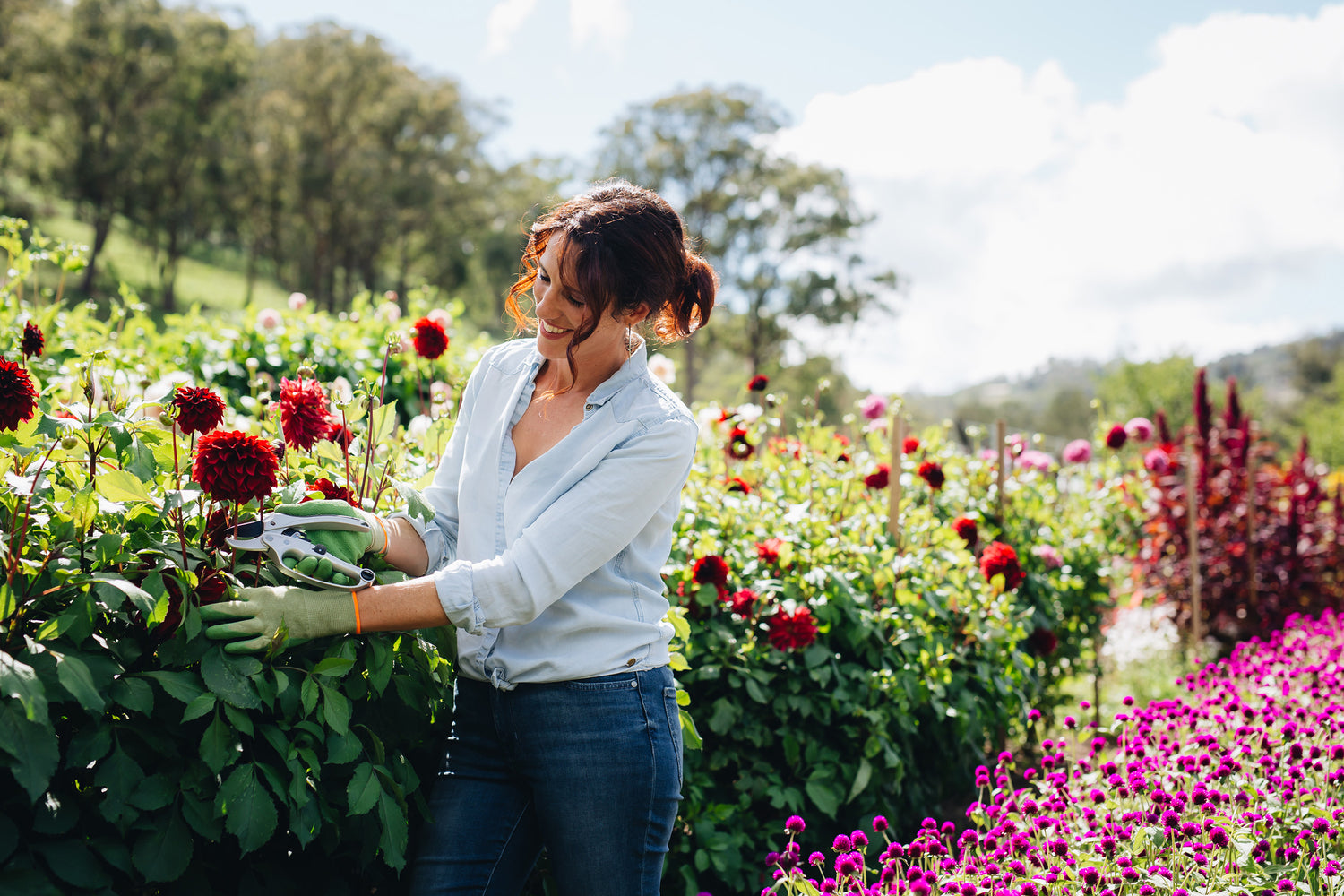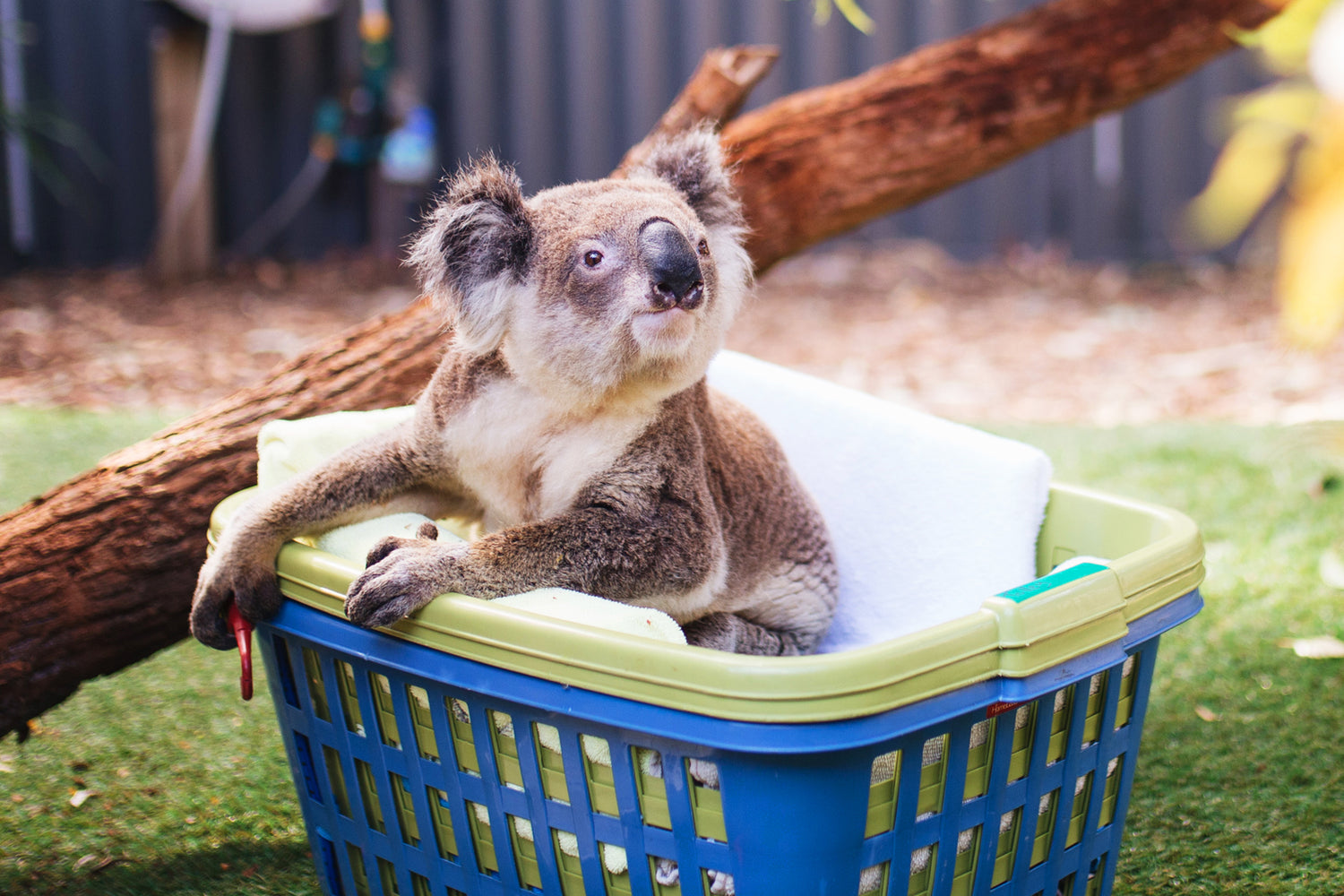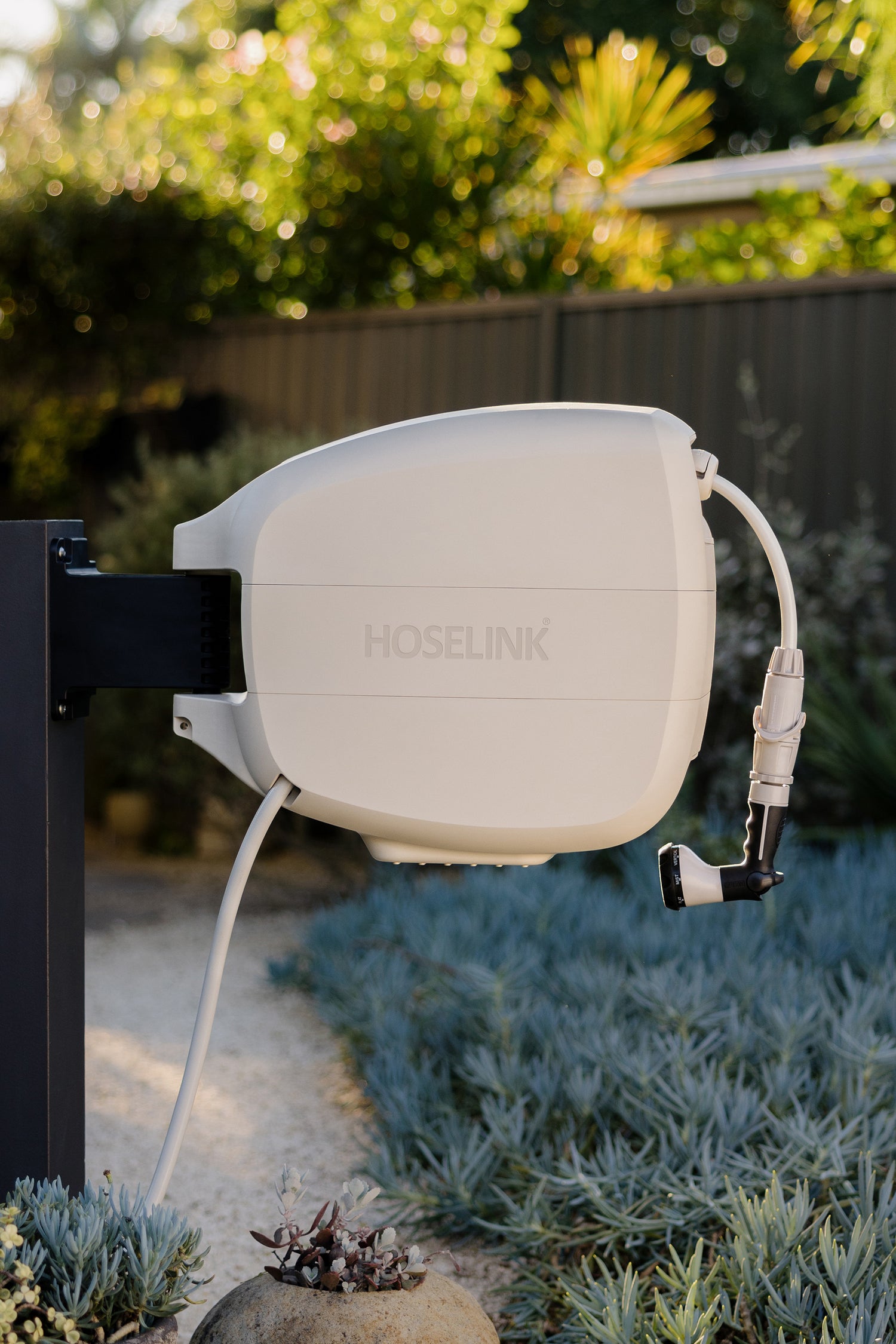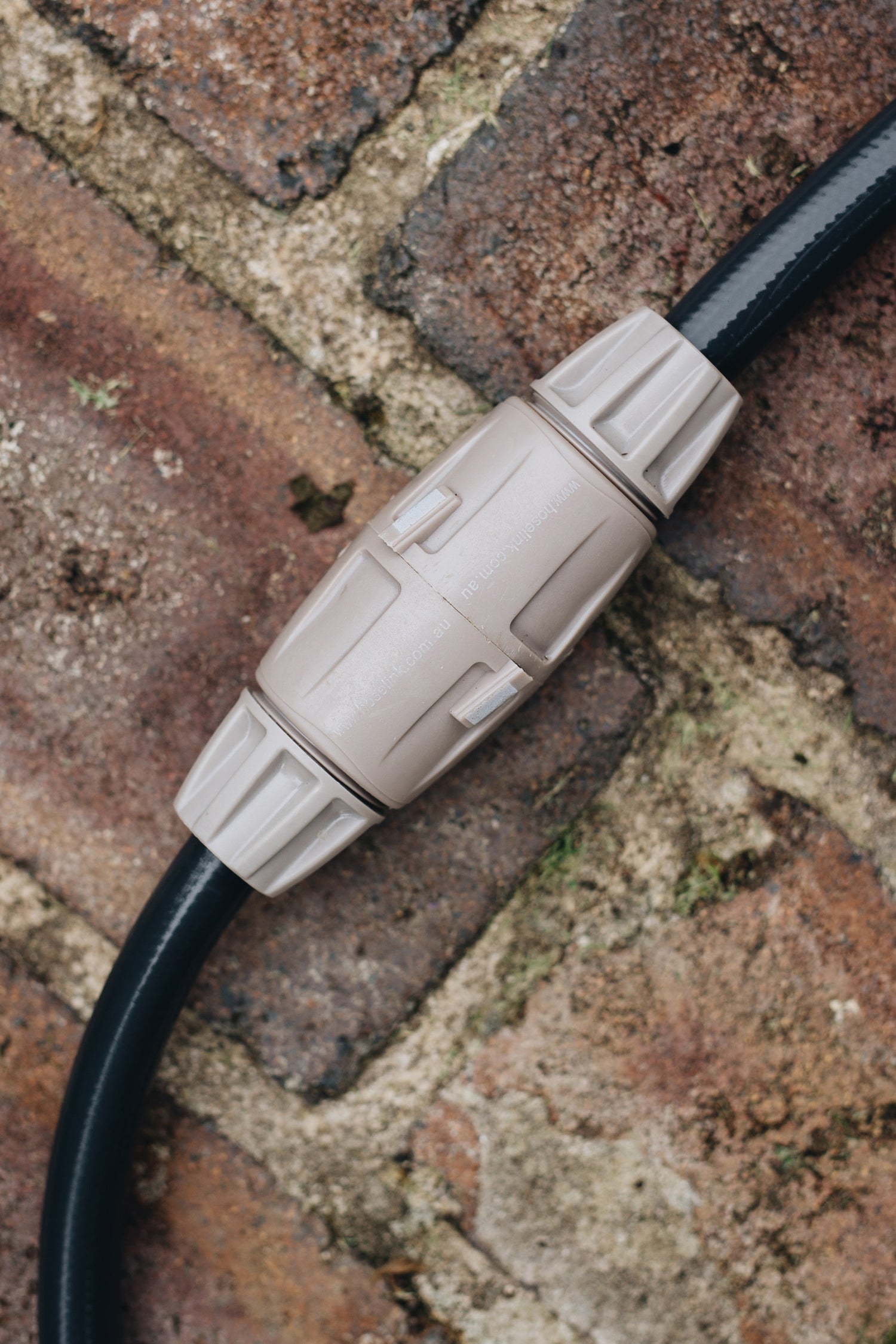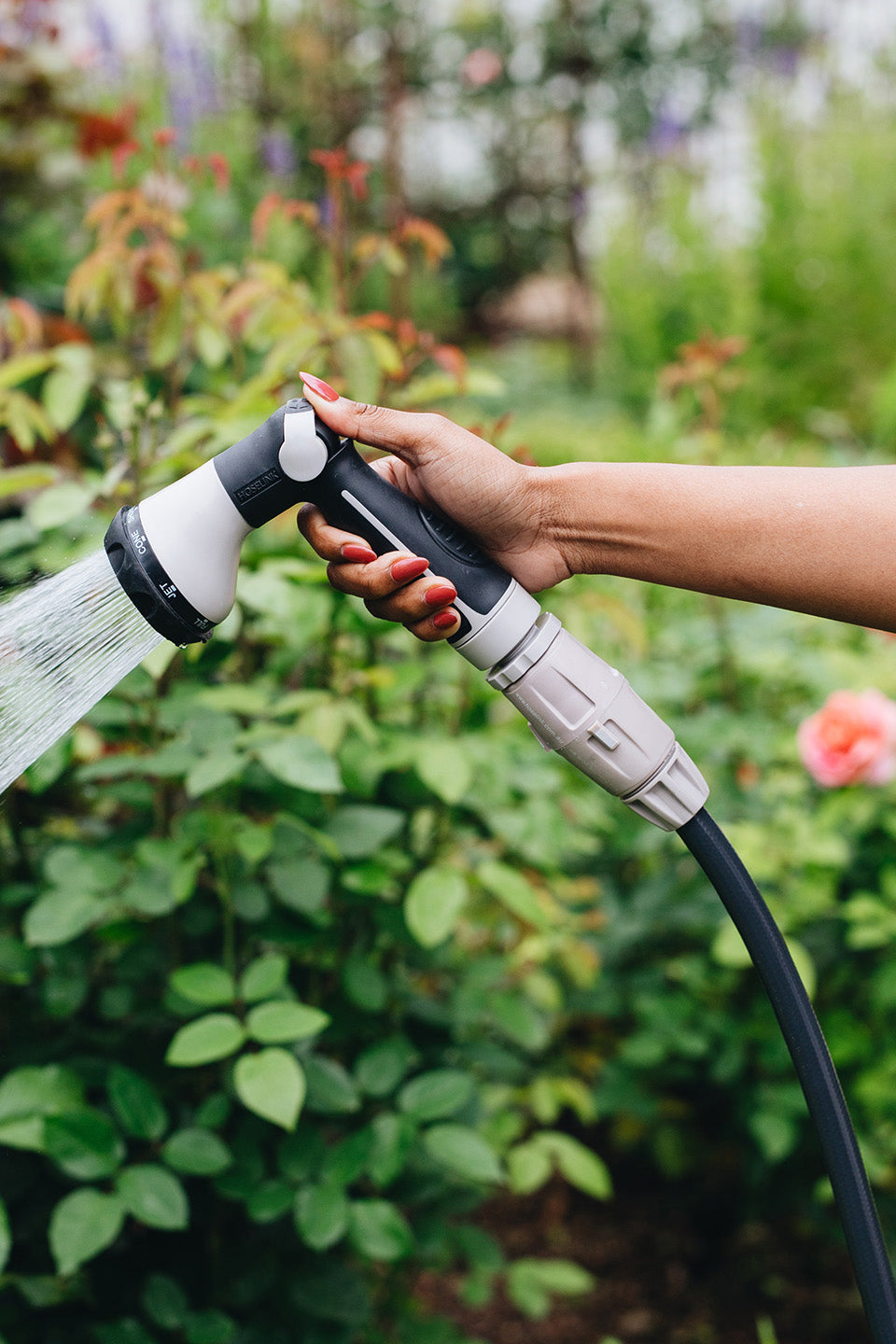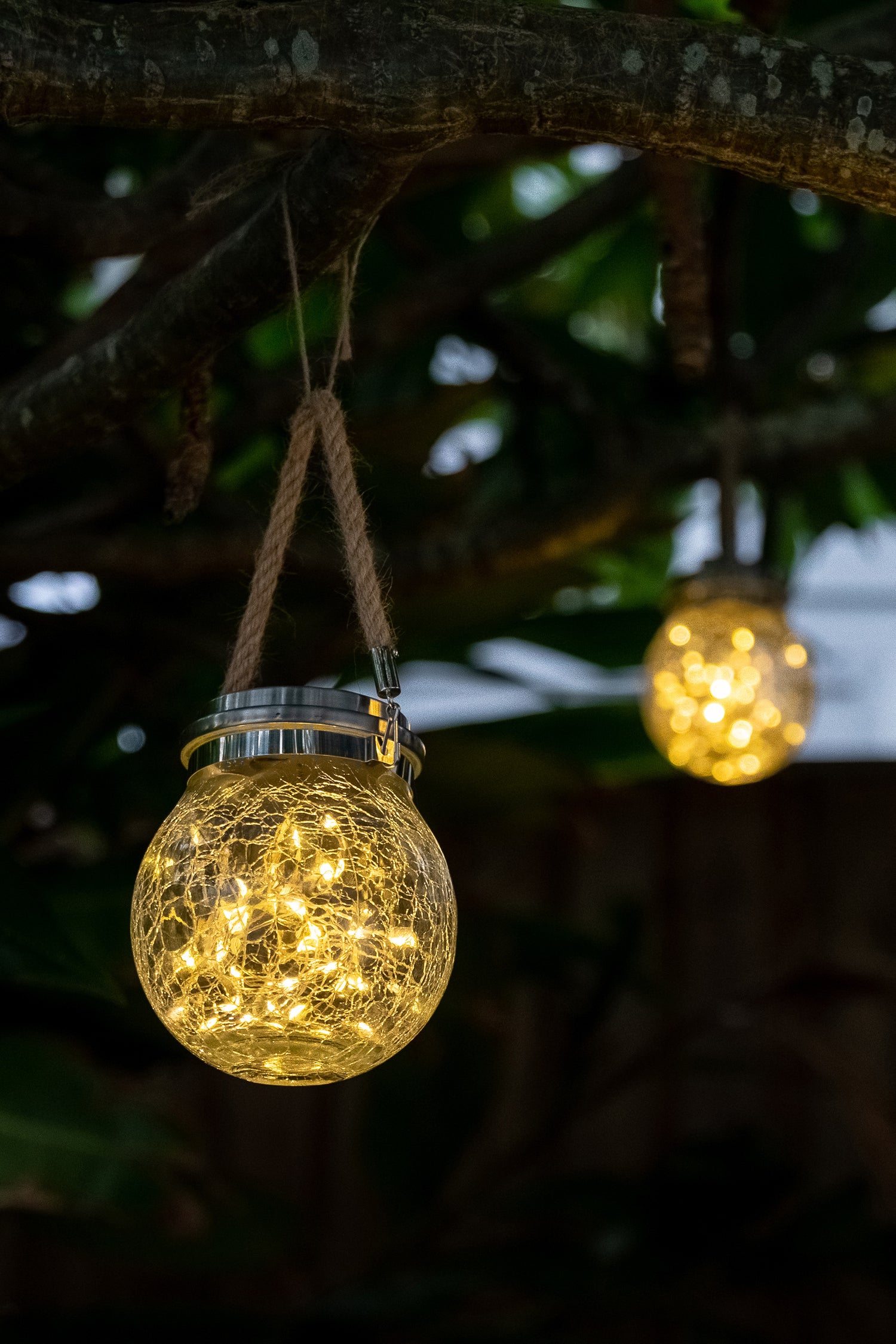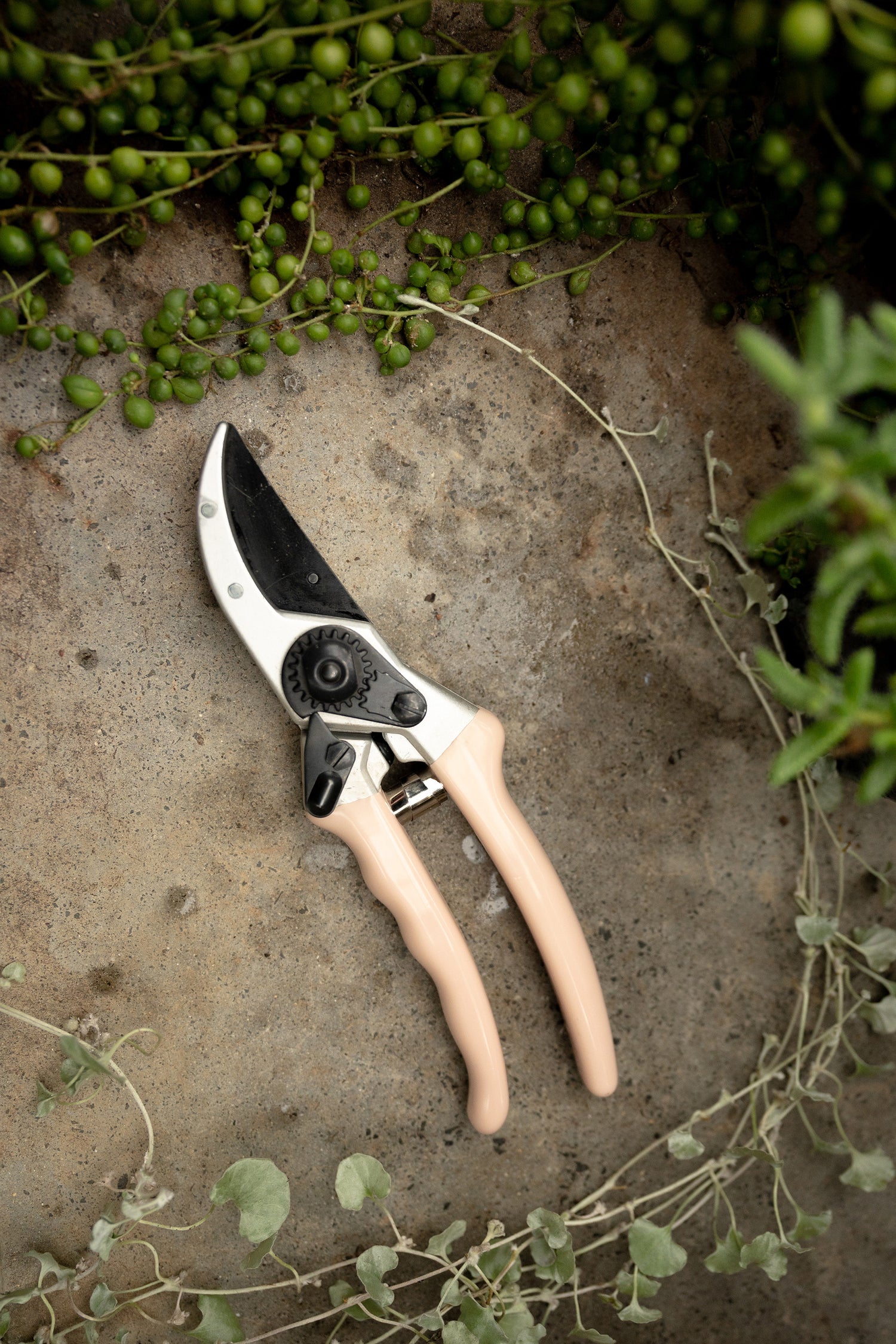From running through the sprinkler to visiting the local beach, spending time outdoors is great for the whole family. After a long afternoon running around in the yard or tending to the family vegetable garden, it can seem disappointing to have to return indoors to eat dinner and rest. Why not extend your family’s outdoor living by adding a new fire feature to your outdoor space?

Fire features are a fantastic update to any garden and will be an exciting addition to an outdoor barbecue for all of your friends and family. Sitting around a cozy fire and roasting marshmallows, your garden will soon become the hottest spot on the block for all the neighbours. There are a surprising number of considerations when buying a fire feature to take into account, and it is key to remember that it is not purely about aesthetics. Rather, choosing a fire feature for its functionality and construction will guarantee that it compliments both your garden and your home.
Styles of Fire Features
Based on the amount of space you have allotted, you need to first focus on the size of your new fire feature. If you have a limited space, you will want to consider something like a fire pit, a fire bowl, or a thin-bodied chiminea. All of these features can also be purchased in large sizes, depending on the area in your garden.

If you have a bigger area for your feature, you can choose between a fireplace or a built-in structure that fits into your patio or lawn space. Stringing outdoor lighting through your trees can really set the mood for sitting near your new campfire spot and can make your fire feature be the centerpiece of a true outdoor retreat.

Fuel Types
Besides the style of your new fire feature, the fuel type is critical to your final decision. The four types of fuel for a fire feature include:
Ethanol
Producing only heat, carbon dioxide, and steam, you will avoid clouds of smoke with ethanol fuel and it makes for easy maintenance and clean-up. It’s also environmentally-friendly!
Propane
Easily flick a switch to light your propane fire! Though it’s foolproof and releases lots of heat, it is made from a non-renewable resource and is therefore not the best option for the environment.
Natural gas
If you have a natural gas line already available, you’ll have a fire going in no time. Like propane, it is not good for the environment, but it is much cheaper than other fuel types.
Wood
The classic option--with all the sounds and scents of a cozy fire, but also with the responsibilities of sweeping piles of ash and supplying wood.

Each fuel type takes a different amount of maintenance (wood taking the most, natural gas taking the least) and releases a different amount of smoke. Also, if you are hoping to be as ecologically-friendly as possible at home, it is best to stick with fuel from renewable resources, like wood and ethanol.
After selecting the style and fuel for your fire feature, you will be all set to install your newest addition to the garden. Get ready for endless nights beneath the stars, sharing cozy food and friendship around warming flames!

